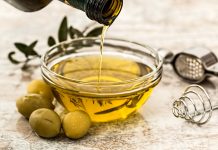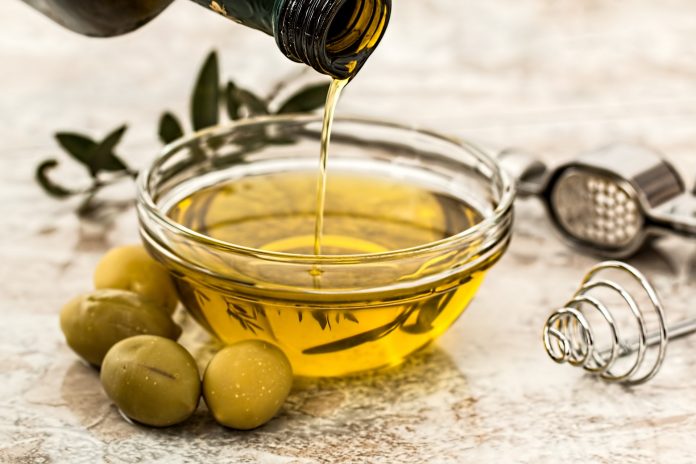Introduction to Healthy Fats
Cooking oils are essential for many recipes, but not all oils are created equal. Some oils are healthier than others and can provide essential nutrients and healthy fats that our bodies need. In this article, we’ll explore the benefits of healthy fats, how to choose the healthiest oils for cooking, and tips for incorporating them into your diet.
Understanding the Different Types of Cooking Oils
There are many types of cooking oils available, each with its own unique properties and health benefits. Some oils are high in monounsaturated or polyunsaturated fats, while others are high in saturated fats. In this article, we’ll explore the different types of cooking oils, their health benefits, and which ones are best for specific cooking methods.
The Benefits of Monounsaturated Fats
Monounsaturated fats are a type of healthy fat that can help reduce inflammation, lower cholesterol levels, and improve heart health. In this article, we’ll explore the benefits of monounsaturated fats, which oils are high in these healthy fats, and tips for cooking with them.
The Benefits of Polyunsaturated Fats
Polyunsaturated fats are another type of healthy fat that can help improve heart health and reduce the risk of chronic diseases. Omega-3 and omega-6 fatty acids are two types of polyunsaturated fats that are essential for our bodies. In this article, we’ll explore the benefits of polyunsaturated fats, which oils are high in these healthy fats, and how to incorporate them into your diet.
The Role of Saturated Fats in Cooking
Saturated fats have been demonized in the past, but they are an essential part of a healthy diet. Saturated fats can help boost brain function, improve bone health, and support hormone production. In this article, we’ll explore the role of saturated fats in cooking, which oils are high in saturated fats, and how to use them in moderation.
Cooking Oil Smoke Points and Why They Matter
Cooking oil smoke points are an important factor to consider when choosing a healthy oil for cooking. When oils reach their smoke points, they can release harmful compounds and lose their nutritional value. In this article, we’ll explore cooking oil smoke points, why they matter, and which oils are best for high-heat cooking.
Tips for Storing and Using Cooking Oils
Proper storage and usage of cooking oils can help preserve their nutritional value and extend their shelf life. In this article, we’ll provide tips for storing and using cooking oils, including how to prevent oxidation and spoilage, how to choose the right oil for specific cooking methods, and how to properly dispose of used cooking oil.
How to Choose Healthy Oils for Specific Cooking Methods
Different cooking methods require different types of cooking oils. In this article, we’ll provide tips for choosing the healthiest oils for specific cooking methods, including sautéing, frying, baking, and roasting. We’ll also provide tips for how to substitute oils in recipes to make them healthier without sacrificing flavor or texture.

























